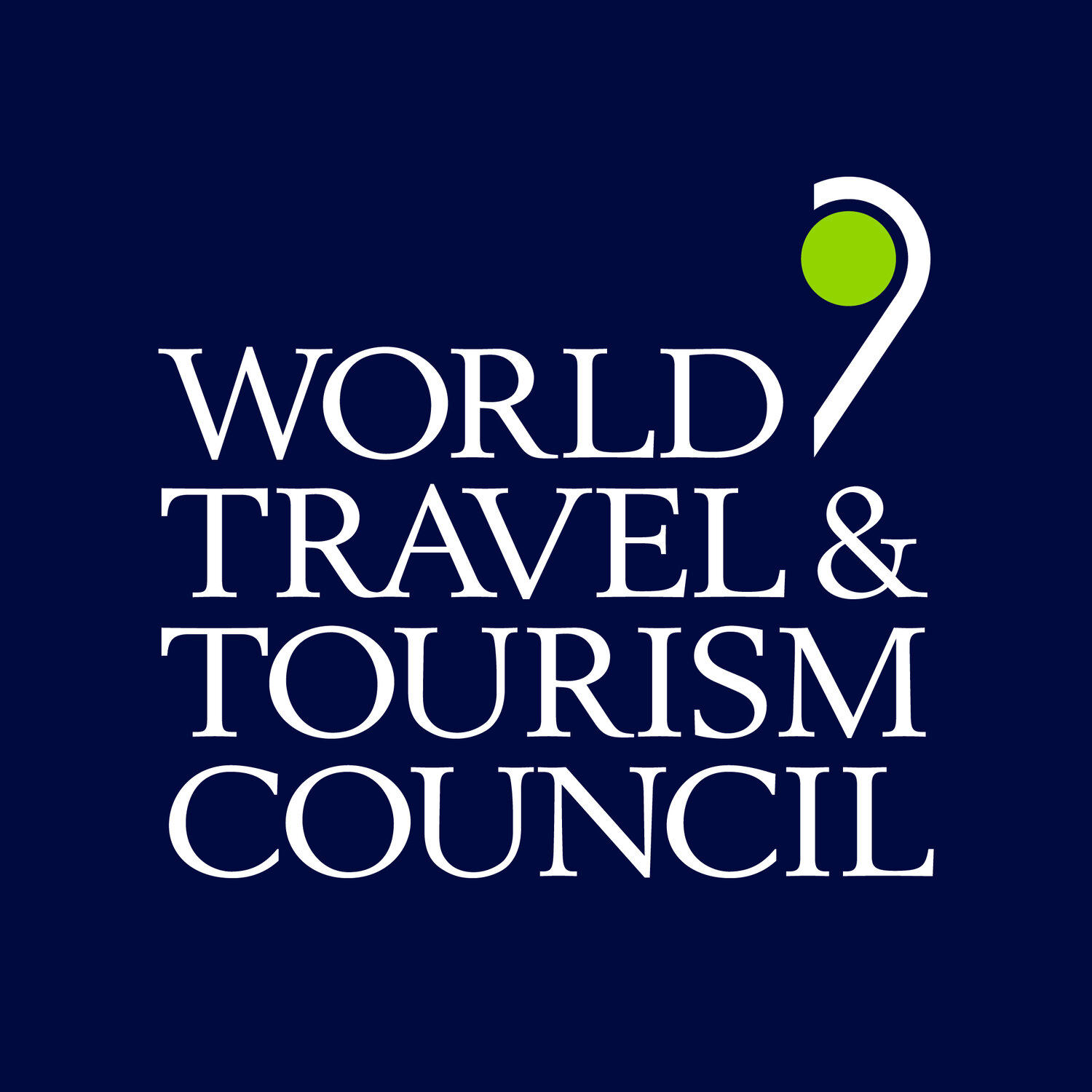Beyond the Lobby: Why Protecting Nature Starts Behind the Scenes
The taxi door clicks shut. Smiles at reception, a room key, directions to the spa. Upstairs, there’s citrus-scented soap, crisp linen, and fluffy towels. At dinner prawns, slick with oil and lime, and a glass of cold white wine. It all feels effortless – and that’s the point. Hospitality is designed to comfort, to offer luxuries without hassle. A world where everything feels taken care of, and little needs to be questioned.
But behind this comfort is a complex chain of decisions with consequences far beyond the lobby. That olive oil might be linked to deforestation. The prawns to overfishing. Even the soap might contain ingredients from threatened ecosystems. In travel, every product tells a story about nature – and what is, or isn’t, being done to protect it.
For Accor, one of the world’s largest hotel groups, that awareness is central to how it does business. The company has worked on sustainability for more than 30 years – but today, it is a defining priority. ‘Tourism is deeply intertwined with nature,’ says Caroline Tissot, Group Procurement Officer. ‘We believe it’s our role to shape a more sustainable future.’
Their strategy rests on three pillars: Stay, Eat, Explore. That means cutting emissions, protecting resources, embedding circularity, and supporting biodiversity – from the dishes served to the destinations that surround them. These aren’t side projects. They’re part of the guest experience.
Because in a fast-changing world, rich biodiversity is a form of risk management – one that protects supply chains and supports long-term resilience. That’s why Accor assesses nature-related risks across its entire network: from deforestation to land conversion, water stress to overexploitation. Procurement, once behind the scenes, is fast becoming a frontline defender.
One example is the Novotel x Ocean initiative, a global initiative to reduce ocean biodiversity loss. It brings together the hotels’ brand and procurement teams around three priorities: reducing ocean pollution, promoting sustainable seafood, and raising awareness. On the surface, it might look like a campaign to change menus. In reality, it is a blueprint for permanent change. Certified seafood is prioritised. Endangered species are removed. Traceability is improved. Staff are shown how actions on land have impact on the ocean health.
This is just one of Accor’s many efforts to make the supply chain more nature positive, and to set expectations that are followed through. Every supplier must sign a Responsible Procurement Charter. Up to 30% of supplier selection criteria relate to sustainability, and throughout the content life cycle, a Control Plan ensures performance of suppliers operating in procurement categories flagged as priorities based on a comprehensive sustainability risk mapping. More than 1,000 suppliers have joined a decarbonisation programme, with tailored action plans to help them cut emissions. And the company’s new Biodiversity Policy is driving even stricter criteria – from regenerative agriculture to deforestation-free sourcing.
Still, progress isn’t easy. ‘Our supply chain spans many categories and geographies, often involving multiple tiers of suppliers,’ says Tissot. ‘This complexity makes it difficult to have full visibility.’ Biodiversity, she explains, is still a relatively new topic for many new partners – which means building understanding takes time. That’s why working together is so important. Her advice to others in the sector? Don’t wait for perfection. ‘Start little, test, make mistakes, and share your experiences’. Whether it's with experts, NGOs, or peers, ‘sharing the work openly will inspire the tourism sector to be more responsible’.
That idea – collective impact – is part of what led Accor to co-found HARP: the Hospitality Alliance for Responsible Procurement. The goal is to align expectations across the industry and make it easier for suppliers to engage with sustainability – because no single company can protect nature alone.
Guests, too, play an important role. Accor recently worked with Booking.com and the University of Surrey to explore how hotel messaging can better engage travellers on sustainability. The findings were clear: vague labels like ‘green’, or ‘eco friendly’ don’t work. What does work is specific, empowering messaging. Show guests how they can contribute. Highlight actions without guilt. Emphasise comfort and enjoyment. And help them act as responsibly as they do at home.
As 2030 approaches, Accor’s priorities are shifting from risk management to restoration. That means strengthening supplier requirements. Scaling up engagement. And pushing for sector-wide transformation through partnerships like HARP. It’s about turning procurement into a process for change – not just for protecting business, but for the health of our planet.
Because in the end, the ocean is in the olive oil. The rainforest in the cotton bud. And every guest, every product, every choice, is part of a much bigger ecosystem. One that’s worth protecting – not just for hospitality, but for all of us.
Credit: Images provided by Accor

